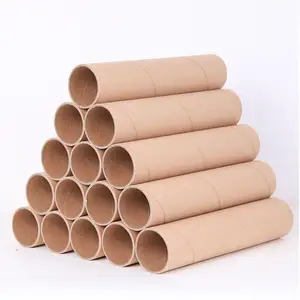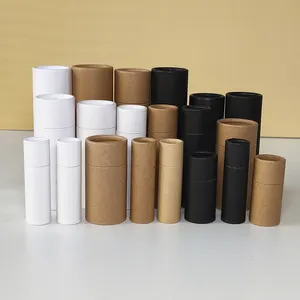
Custom Mailing Tubes Eco-Friendly Packaging Bespoke White Brown Black Paper Tubes Shipping Tubes Solutions


Packaging For Paper Biodegradable Packaging Kraft Paper Cardboard Tube For Lip Balm Decorative Cardboard Tube





Bee tubes are specialized structures designed to support the lifecycle of solitary bees, which are vital pollinators in many ecosystems. Unlike honeybees, solitary bees do not live in colonies but instead, require individual nesting spaces provided by these tubes. The significance of bee tubes extends beyond mere housing; they are essential for the preservation and proliferation of bee populations.
Bee tubes come in various materials, each offering unique benefits. Bamboo bee tubes are favored for their natural appearance and durability, while stainless steel options provide longevity and resistance to weather elements. Polyester bee tubes are lightweight and versatile, suitable for various environmental conditions. The choice of material can influence the tube's breathability, sustainability, and ability to shield from wind.
The primary application of bee tubes is to serve as nesting sites for solitary bees. These structures are commonly utilized in bee houses and garden habitats to encourage pollination. Features of bee tubes may include a range of sizes to accommodate different bee species and designs that mimic natural nesting sites, enhancing their effectiveness as a conservation tool.
Implementing bee tubes in a garden or agricultural setting can significantly benefit the local ecosystem. They promote the health and growth of solitary bee populations, which are efficient pollinators. The use of bee tubes can lead to better pollination of plants, contributing to biodiversity and the success of crops.
When selecting bee tubes, it is crucial to consider the specific needs of the bee species in the local area. Factors such as tube diameter, length, and material can all impact the suitability of the habitat for the bees. Additionally, the ease of cleaning and maintenance should be taken into account to ensure the longevity and effectiveness of the bee tubes.
The integration of bee tubes into an environment plays a significant role in sustainable agriculture and gardening practices. By providing solitary bees with a place to thrive, these tubes contribute to the health of the planet. They are a simple yet effective measure to support biodiversity and the well-being of pollinator communities.